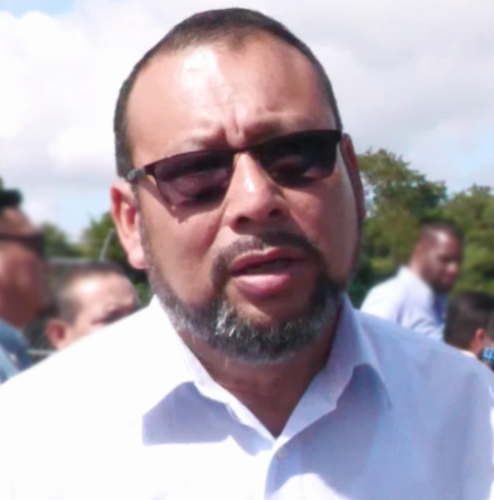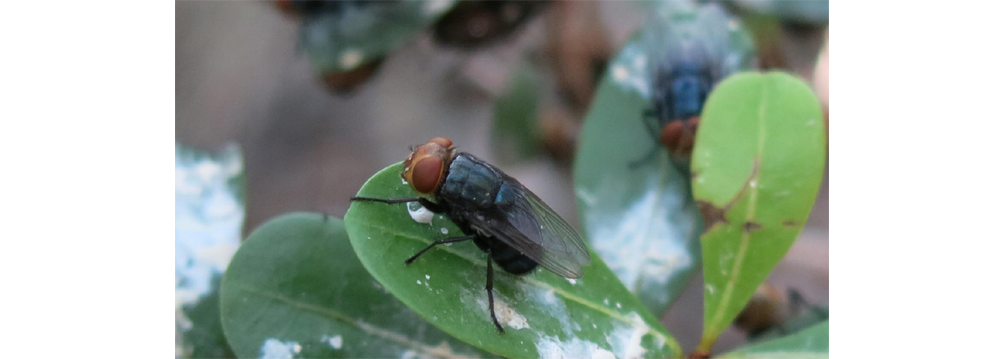NWS fly
BELIZE CITY, Mon. Feb. 3, 2025
In his latest interview to the media on January 22, Prime Minister John Briceño stated about U.S. President Donald Trump’s disruptive decisions to withdraw the U.S. from international organizations and treaties, “If you want to look at it cynically, he’s only going to be there for four years; so, I’m hoping that after four years, that they can come back and sign on to climate change [Paris Agreement] and WHO.” These withdrawals mean that significant funding will no longer be available for the seminal work that is carried out under the Paris Agreement and WHO banners. The same goes for some regional and international organizations that depend on grant funding from the U.S. and which are now being impacted by Trump’s foreign aid review. So, while PM Briceño is looking to the future, given that no person in the U.S. can serve as president more than two times, others are thinking it will be a long four years.

Hon. Jose Mai – Minister of Agriculture, Food Security and Enterprise
Among the organizations which will be impacted by Trump’s January 20 executive order on foreign aid is OIRSA, the regional organization responsible for animal and plant health. As a result, the region’s fight against the spread of the New World Screwworm (NWS) is expected to take a hit. Minister of Agriculture, Food Security and Enterprise, Hon. Jose Mai reported last week that the sterilization plant for NWS flies in Panama is owned by the Americans, and that a note has been received that spending should be halted until around mid-February. “By then, I think that all over, we’ll be having worms crawling from all the wounds,” said the Minister. He added, “I’m not sure that they’ve made the right decision, but that’s their money. It is affecting us, definitely.”
Belize was awaiting assistance with sterilized NWS flies to disperse in the affected areas down south; but with this development, that assistance is now up in the air. Mai says they are hoping the Government of Belize can purchase the flies. Mai believes that “with the suspension of grant funding, it will get worse, not only in Belize – all over.”
At the end of last week, our confirmed cases of NWS stood at 7. Six were in cattle and one in a dog which was located 8 miles from one of the infected farms. A second case was found in Crique Sarco at the farm where the index case was identified, and the remainder are from the farm in San Pedro Columbia. Agriculture CEO, Servulo Baeza told Amandala there appears to be a population of fertile flies in the area.
Belize remains in the control phase of its response to the disease, with a checkpoint set up at Bella Vista to check every animal that is leaving the Toledo District. The situation has worsened, however, as authorities suspect that vampire bats are helping the spread. In fact, authorities believe that two of our 7 cases were derived from vampire bats. As such, a vampire bat eradication program utilizing an anticoagulant poison, a vampiricide, has been initiated. In this program, bats are either pasted with the poison directly, or they come in contact with it when they feed on cattle that have a dab of poison near parts of their body where bats are known to be feeding. When the bats return to their colonies they spread the poison to other bats, thereby reducing the bat population.
Another challenge includes cattle ranchers who are not full-time farmers. They only tend to their cattle when they return home on weekends.
CEO Baeza expressed surprise that at an area in San Vicente, Jalacte, along the Belize-Guatemala border where Belizean farmers have a lot of cattle, there are no infections; but cases are located 9 miles into Belize. This, he says, points to the movement of the fly itself which can cover large distances.

